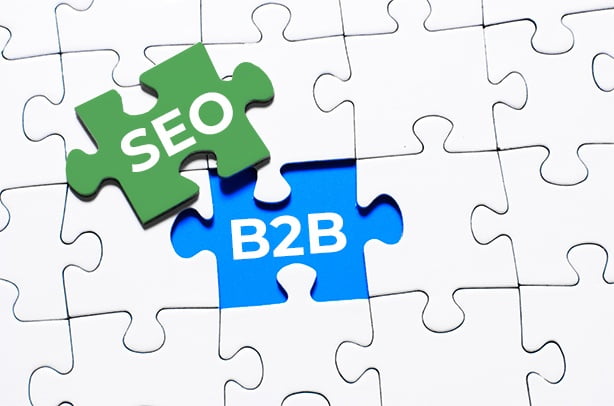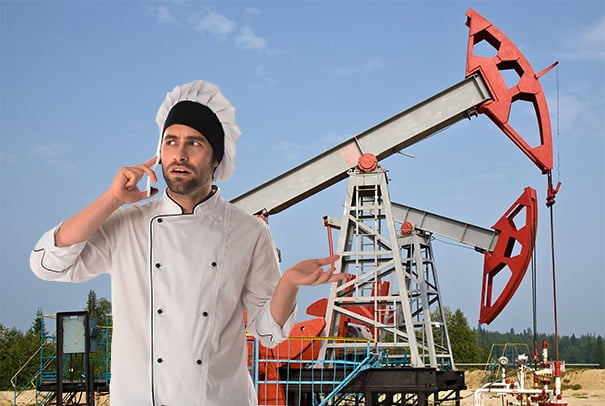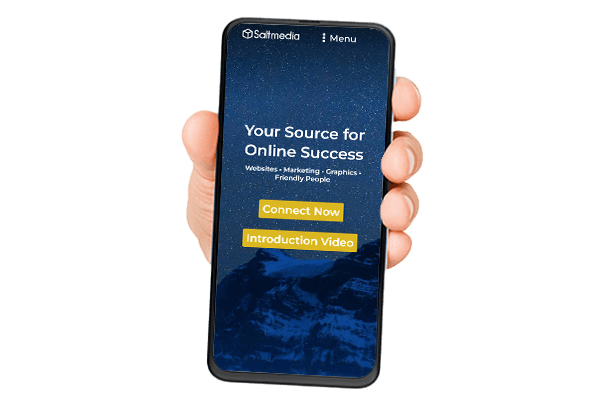
We often get inquiries about SEO, especially SEO for B2B organizations and service companies. Let’s look at SEO for B2B and how it can be an important part of your marketing campaign.
Search Engine Optimization (SEO) is all about working with the on-page and off-page components of your website to increase your business’s online visibility.
That last point is really important. SEO is not a ‘get found quick’ strategy. It’s a structured, legitimate process that will bring the right people to your website and your business over time.
Maybe you’ve paid for an SEO campaign in the past that generated 1,000s of clicks in the first month. Exciting, right? Until it became obvious that none of those clicks were converting to sales. This is not true SEO!
There are lots of ways to push traffic to a website. But that won’t help your business if none of that traffic wants your product or service. In order to generate the right traffic, we sit down with each client to truly understand what you offer, and who your customers are.
Then, we get to work online, learning about what searches are generating revenue both on your website and on your competitor’s websites. This reveals what your customers are typing into search bars and is necessary for guiding an effective SEO campaign.

Once we have the right keywords/phrases for your business, we start making little changes to your website. At the same time, we’re using paid features to start to attract the right visitors. Each month, we’re checking what’s working and making changes as needed. This slow and steady approach is the only way to create a solid SEO campaign that eventually gets your website to page 1 of Google searches. And often your website is #1 on that page!
Successful SEO involves teaching search engines like Google that your website is the best choice for specific people conducting specific searches. For example, if you’re a business that provides well maintenance to oilfield companies, you want to be seen online by oilfield companies that need well maintenance in your geographic area.

What you don’t want is hundreds of people clicking on your website who are looking for high-end olive oil for home chefs! They’re going to leave your website the second it loads, and Google starts to lower your website rankings accordingly.
While we don’t have all the details about how search engines work, we know that consistently showing that your site is a legitimate site with valuable information that specific users want will increase your website’s visibility and ranking.
And then something neat happens. Other searches that your target audience are using begin to lead them to your site, too! What’s happening behind the scenes is that the search engine is learning more about what your website offers, and it’s sending more of the right people to you.
This is a great way for your B2B company to generate leads and drive potential customers to your site. And it all started with a few select keywords!
One important caveat for SEO campaigns involves the accessibility of your website on mobile devices. Things like smartphones and tablets. Your website must be optimized for mobile devices!
Since the majority of searches around the world are done from mobile devices, any website that doesn’t look good on a smaller screen won’t compete. Even a highly polished SEO campaign will fall flat if mobile searches aren’t working.

This is easy to check. Just go to your website on your smartphone and see if it loads quickly, is easy to navigate through, and the contact form works seamlessly. Then, grab a friend or family member’s phone (it must be a different brand/size than yours) and do the same thing.
If your website is not optimized for mobile devices, this must be addressed first.
When you’re ready to grow your business, attract the right customers, and build your online presence, it’s time for an SEO campaign! Reach out to the friendly team at Saltmedia. We’re here to help you succeed!

We live, work, and gather on traditional, unceded, and treaty territories of First Nations, Métis, and Inuit Peoples from coast to coast to coast. We’re committed to our collective responsibility to the original caretakers of this land and to listening, learning, and acting in ways that support reconciliation.